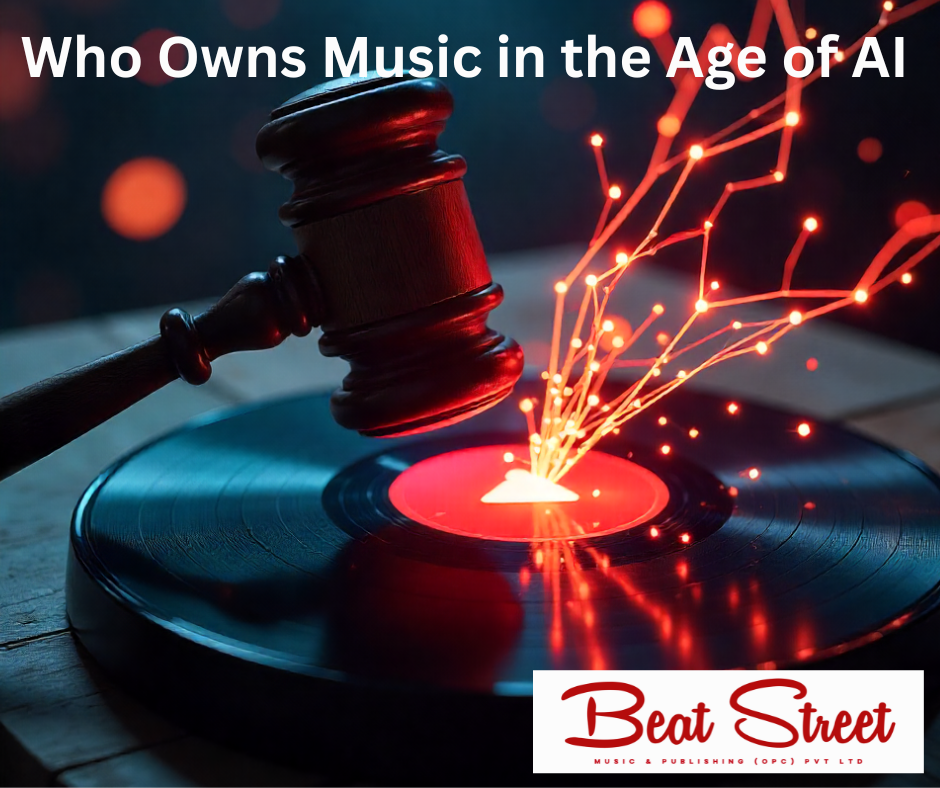Artificial intelligence is moving fast, sometimes faster than the law can catch up. The latest flashpoint is the lawsuit against Suno, one of the most talked about names in AI music. Major record labels are accusing the company of “stream ripping” music from YouTube to train its systems.
For those outside the industry, stream ripping is a process where you copy music from platforms like YouTube by bypassing their protections. In simple terms, it means taking songs that were never licensed to you and using them for your own purpose. The allegation here is that Suno did exactly that on a massive scale.
This case feels important because it is not just about one startup and a few songs. It is about the larger question: how do we balance innovation with respect for creative rights?

The Legal and Ethical Storm
Record labels like Universal, Sony and Warner are clear in their position. They argue that when AI models are trained on copyrighted recordings without permission, the original creators are left out of the value chain. In their view, every time Suno outputs a song that sounds like a blend of artists we know, it is essentially standing on work it did not pay for.
On the other hand, AI companies have often leaned on the argument of “fair use.” They suggest that using existing works to teach an algorithm is different from outright copying. But in practice, when the output feels close enough to a real artist’s work, the ethical line begins to blur.
Why This Matters for the Industry
If you zoom out, this lawsuit is not happening in isolation. Earlier this year Anthropic agreed to a settlement with publishers over the use of copyrighted books in AI training. Music seems to be heading into a similar phase of confrontation.
What comes next could define how music and AI coexist. If labels win decisively, AI companies may be forced into structured licensing deals. If AI companies defend their practices successfully, we may see a wave of new startups pushing the boundaries even further.
For artists, the stakes are simple. Will their work be respected and monetised in this new world, or will it be mined without consent under the umbrella of technology’s progress?
Looking Ahead
I see this lawsuit as a turning point. It tells us that the music business will not sit back quietly while AI builds value on top of existing catalogues. It also tells us that creators and rights holders need to be part of the conversation, not just spectators.
The future will probably involve licensing frameworks, better tracking systems, and perhaps new forms of royalties for when music is used in AI training. But to get there, we need to first establish that the rights of creators cannot be ignored, no matter how powerful the technology becomes.
This is not just about lawsuits and settlements. It is about setting the rules for a future where music and AI will inevitably grow together, on terms that respect the people who create it.
Leave a Reply